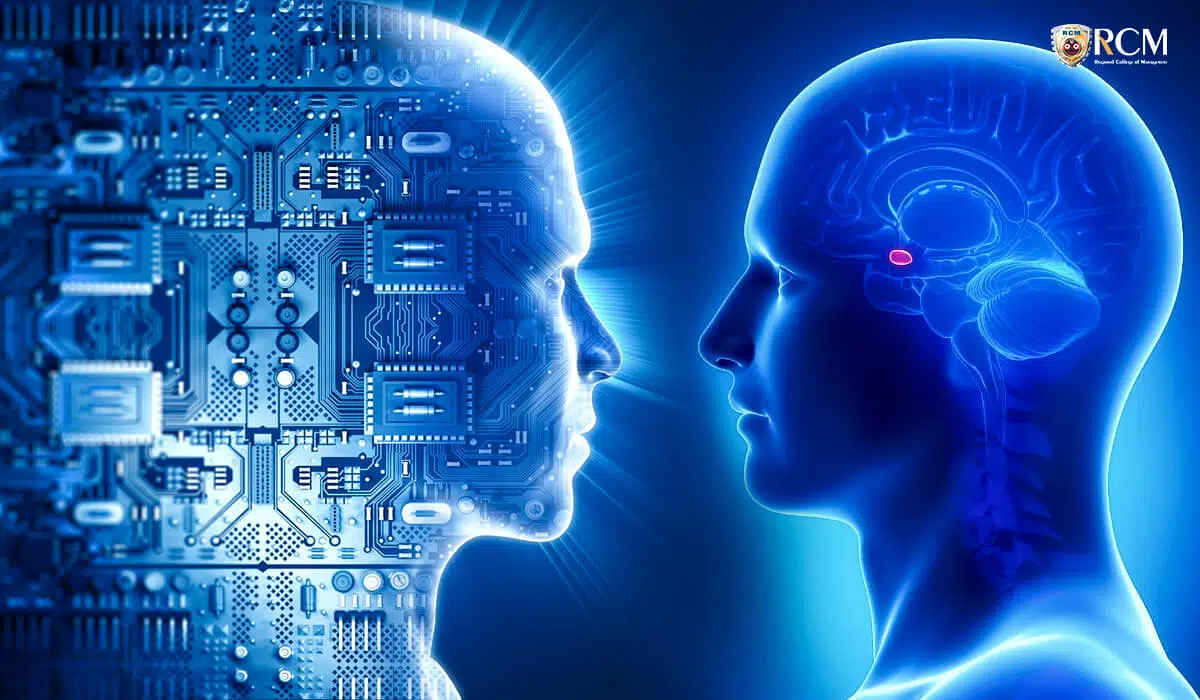Introduction: The Rise of Cognitive Intelligence AI
Cognitive Intelligence AI is redefining the way we make decisions, process information, and interact with technology. But can it truly replicate or replace human intelligence? That question forms the core of this discussion. From daily decisions to complex problem-solving, AI is stepping into roles traditionally reserved for human thought—but with limitations.
How Does Cognitive Intelligence AI Influence Human Decision-Making?
Every day, we make decisions—what to eat, where to shop, or which news to believe. We often rely on external input like reviews or expert opinions. But what if this data is shaped by AI algorithms?
Cognitive Intelligence AI processes massive datasets to offer recommendations in healthcare, shopping, education, and even legal judgments. However, while these systems are designed to assist, the underlying data can be biased. This highlights the need for ethical and transparent AI systems.
Can AI Replace Friends, Teachers, and Emotional Connections?
AI chatbots and voice assistants are becoming more interactive, mimicking human conversations. In education, AI can tutor students and provide 24/7 support. But there’s a limit—Cognitive Intelligence AI lacks true emotional awareness, empathy, and moral reasoning.
Human teachers and mentors offer guidance that goes beyond programmed responses. Emotional intelligence, cultural context, and human values remain irreplaceable.
Why Can’t AI Fully Replicate the Human Brain?
Despite decades of research, scientists are still unraveling how the brain works. Our cognitive abilities—like awareness, memory, reasoning, and creativity—are shaped by evolution, experience, and emotion.
Replicating this with machines is incredibly complex. Even the most advanced Cognitive Intelligence AI models struggle with:
- Context switching
- Emotional nuances
- Unstructured reasoning
Neural networks simulate a small part of our brain’s functioning, but full replication is far from reality.
Human Intelligence vs. Machine Learning
Humans evolve through experience, mistakes, and adaptation. Machines are programmed through code and refined via data. While Cognitive Intelligence AI can outperform humans in speed and scale of data processing, it lacks the intrinsic creativity and ethical reasoning that define us.
The human journey—from cave tools to Mars helicopters—demonstrates the evolutionary, emotional, and inventive aspects of intelligence that machines cannot yet duplicate.
Real-World Advances in Cognitive Intelligence AI
Tech pioneers like Elon Musk (Neuralink) and Bryan Johnson (Kernel) are working on brain-computer interfaces. These aim to enhance machine capabilities through direct human input. While promising, these innovations still rely on human guidance.
Some key human-like traits being modeled in Cognitive Intelligence AI include:
- Awareness: Ability to shift and focus attention.
- Thinking: Real-time memory, recognition, and decision-making.
- Common Sense: Understanding abstract or non-literal concepts.
These breakthroughs fuel hope for machines that think more like humans—but they’re not there yet.
The Future of Cognitive Intelligence AI: Support, Not Replacement
As Cognitive Intelligence AI evolves, it will increasingly support human decision-making in fields like healthcare, law, education, and business. However, the goal isn’t to replace human intelligence—it’s to complement it.
The future lies in collaboration. Human values, creativity, and judgment combined with AI’s processing power can drive smarter, more ethical outcomes.
Final Thoughts
In conclusion, Cognitive Intelligence AI holds incredible promise, but it’s not a substitute for human intelligence. It can simulate certain functions but lacks consciousness, ethics, and emotional understanding. By blending AI capabilities with human oversight, we can ensure technology serves humanity—not replaces it.




























